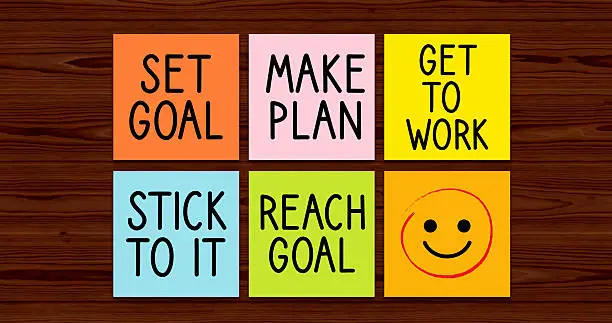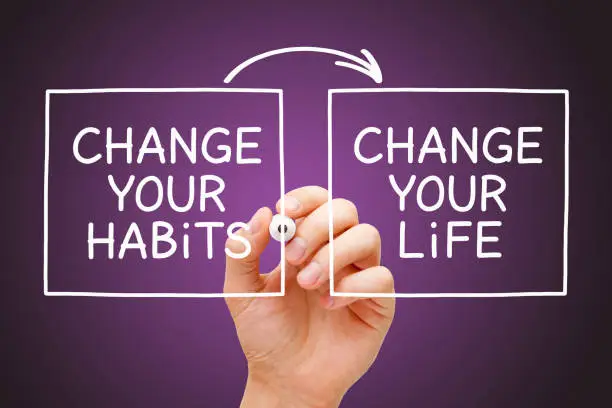Ever find yourself tossing and turning at night, wishing you could just fall asleep peacefully and wake up feeling refreshed? If so, you’re not alone. In today’s fast-paced world, many people struggle with restless nights and slow recovery—whether from workouts, stress, or just everyday life.
The secret to better sleep and faster recovery doesn’t always lie in what you do during the day, but how you wind down in the evening. Creating an intentional evening routine designed to relax your body and mind can drastically improve your sleep quality and help your body recover like a champ.
In this article, I’ll walk you through simple yet powerful evening habits that promote deep sleep and optimize your body’s natural recovery processes. Say goodbye to groggy mornings and hello to revitalized days! 🌟
🌜 Why Evening Routines Matter for Sleep and Recovery
Sleep isn’t just about rest—it’s when your body repairs muscles, consolidates memory, and resets hormone levels. Without good sleep, recovery suffers, and so does your overall health.
Benefits of a good evening routine include:
- Faster fall asleep and deeper sleep cycles
- Reduced stress and anxiety before bed
- Enhanced muscle recovery and reduced soreness
- Improved mental clarity and mood the next day
🕰️ Step 1: Set a Consistent Bedtime
Your body thrives on routine. Going to bed and waking up at the same time every day—even on weekends—helps regulate your internal clock or circadian rhythm.
- Aim for 7-9 hours of sleep nightly.
- Try to stick to your chosen bedtime even if you’re not sleepy yet.
- Use alarms or phone reminders to start your wind-down routine.
🧘♀️ Step 2: Create a Relaxing Wind-Down Period
Spend at least 30-60 minutes before bed doing calming activities that signal your brain it’s time to sleep.
Try these:
- Gentle stretching or yoga to release muscle tension.
- Meditation or deep breathing exercises to calm your nervous system.
- Reading a physical book or journaling your thoughts.
- Taking a warm bath or shower to lower core body temperature.
📵 Step 3: Limit Screen Time and Blue Light Exposure
The blue light from phones, tablets, and TVs tricks your brain into thinking it’s daytime, suppressing melatonin—the hormone that makes you sleepy.
- Avoid screens at least 1 hour before bedtime.
- Use blue light filters or “night mode” if you must use devices.
- Replace screen time with offline activities like listening to soothing music or podcasts.
🥗 Step 4: Mind Your Evening Nutrition
What you eat and drink before bed affects sleep quality and recovery.
- Avoid heavy, spicy, or sugary meals close to bedtime.
- Limit caffeine intake after mid-afternoon.
- Consider light snacks with sleep-promoting nutrients like almonds, cherries, or a small banana.
- Stay hydrated but reduce liquids 1-2 hours before bed to prevent waking up at night.
💤 Step 5: Optimize Your Sleep Environment
Your bedroom should be a sanctuary for sleep.
- Keep the room cool (around 65°F or 18°C).
- Block out light with blackout curtains or eye masks.
- Use white noise machines or earplugs if noise is an issue.
- Invest in a comfortable mattress and pillows that support your sleeping posture.
🏃♂️ Step 6: Balance Evening Activity
While exercising is great for recovery, intense workouts right before bed can make it harder to fall asleep.
- Finish vigorous exercise at least 3 hours before bedtime.
- Opt for gentle movement in the evening, like walking or stretching.
- Listen to your body—some people find light yoga or walking soothing.
🧠 Step 7: Manage Stress and Thoughts
Stress can keep your mind racing when you want to relax.
- Practice journaling to unload worries and plan for tomorrow.
- Try progressive muscle relaxation or guided imagery.
- Use apps like Calm or Headspace for sleep-focused meditation.
💡 Step 8: Avoid Alcohol and Nicotine Before Bed
Both substances disrupt your sleep cycle and can hinder recovery.
- Alcohol may help you fall asleep but reduces deep restorative sleep.
- Nicotine is a stimulant and can keep you awake longer.
Sample Evening Routine for Better Sleep and Recovery
| Time | Activity | Purpose |
|---|---|---|
| 8:30 PM | Turn off screens & dim lights | Reduce blue light exposure |
| 8:40 PM | Light stretching or gentle yoga | Relax muscles & mind |
| 9:00 PM | Warm bath or shower | Lower body temperature |
| 9:20 PM | Journaling or reading a book | Calm mind & reduce stress |
| 9:45 PM | Prepare bedroom (cool, dark, quiet) | Create ideal sleep environment |
| 10:00 PM | Lights out & sleep | Maximize rest & recovery |
✨ Final Thoughts
Building an evening routine that prioritizes relaxation, limits stimulation, and prepares your body for rest is essential for improving sleep quality and enhancing recovery. Small changes can lead to big improvements in how you feel the next day—more energized, clear-headed, and ready to tackle whatever comes your way.
Start by experimenting with one or two new habits tonight, and watch how they transform your sleep and recovery over time. Sweet dreams! 🌙💤💖
❓ FAQs
Q1: How long does it take for an evening routine to improve sleep?
Results can show within a few days, but consistent practice for 2-3 weeks usually leads to noticeable improvements.
Q2: Can napping during the day affect nighttime sleep?
Short naps (20-30 minutes) are fine, but long or late naps can interfere with nighttime sleep.
Q3: What if I have trouble falling asleep despite my routine?
Try adding relaxation techniques, reducing caffeine further, or consult a sleep specialist if issues persist.
Q4: Is it okay to use sleep aids or supplements?
Occasionally, yes, but natural habits and routines are the best long-term solution. Consult your doctor before starting supplements.
Q5: Can evening workouts help with sleep?
Light, calming workouts can help, but avoid intense exercise close to bedtime as it can raise adrenaline levels.



